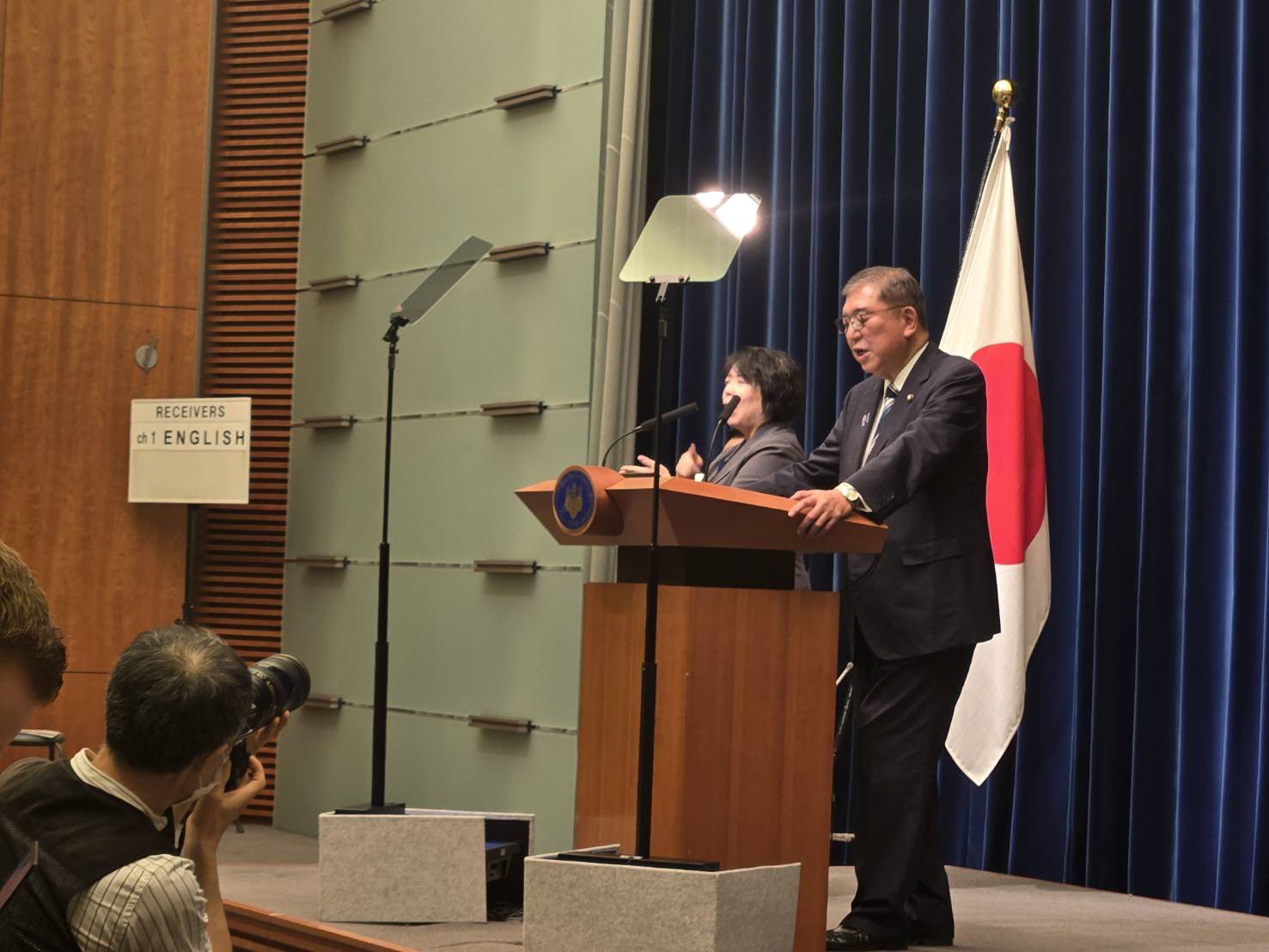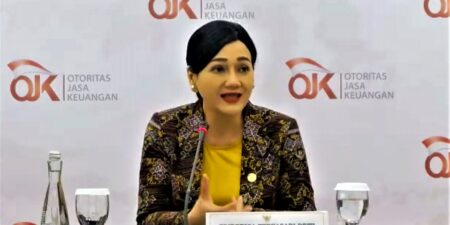
Ishiba’s Resignation Marks Turning Point in Japan’s Political Future

The BGA Japan team, led by Managing Director Kiyoaki Aburaki, wrote an update to clients on the resignation of Prime Minister Shigeru Ishiba.
Context
- Shigeru Ishiba announced his resignation as both Liberal Democratic Party (LDP) president and prime minister of Japan on September 7. Under his leadership, the party suffered historic defeats in the October 2024 lower house and July 2025 upper house elections, leaving the ruling parties without a majority in either chamber for the first time in the country’s post-war history. Since then, calls within the LDP for Ishiba to take responsibility had steadily intensified.
- Ishiba explained that following U.S. President Donald Trump’s September 4 executive order reducing auto import tariffs to 15 percent under a Japan-U.S. agreement, bilateral negotiations had reached a milestone. He concluded that this was the appropriate moment to step down. Meanwhile, on September 8, the LDP was due to decide whether to convene an extraordinary presidential election, a process that could be triggered if a majority of lawmakers and prefectural representatives called for it. In practice, the vote would have amounted to a recall of Ishiba. With majority backing for the move all but certain, he chose to step down before the decision was reached.
- The LDP has now begun preparations to elect a new leader. A key question is how much weight to give to rank-and-file party members’ votes. While, in practice, a parliamentary vote alone would be sufficient in the event of a midterm resignation, there is strong momentum to broaden participation. As a result, candidates will need both support from LDP lawmakers and the ability to appeal to the public. A new president is expected by late September, with immediate tasks including restructuring the ruling coalition and redefining cooperation with opposition parties. The Diet is expected to elect the new prime minister in October.
Significance
- With Ishiba’s decision to step down, the LDP has for now avoided its worst-case scenario. Severe political instability in Japan tends to materialize when the LDP splits; indeed, the party’s losses of power in 1993 and 2009 were both driven largely by internal divisions. Ishiba’s resignation can therefore be seen as a move to preempt further escalation of intraparty conflict.
- The forthcoming LDP leadership election represents a critical test for the party. Under the administration of the late Prime Minister Shinzo Abe (from 2012 onward), the LDP consistently secured victories in national elections, which prevented intraparty criticism about the prime minister’s ability to lead in an election. The circumstances since then have been markedly different. Yoshihide Suga in 2021, Fumio Kishida in 2024 and now Ishiba were each compelled to resign on the grounds that they could not credibly lead the party in the next general election. Although three years remain before that election is due, the overriding mission of the next party leader will be to ensure victory. To that end, the leader must address domestic policy challenges decisively and deliver visible achievements to the public. If this effort fails, the LDP risks finding itself in an increasingly precarious position.
Implications
- The leadership race is expected to focus on Sanae Takaichi, former economic security minister; Shinjiro Koizumi, agricultural minister; and Yoshimasa Hayashi, chief cabinet secretary. Takaichi and Koizumi secured strong backing in last year’s LDP presidential election and continue to rank highly in public opinion polls as potential future prime ministers. Another prominent contender is Hayashi, recognized for his proven strength in strategic policy leadership.
- In the upcoming LDP leadership race, the weight of rank-and-file votes may prove decisive. In the 2024 contest, Takaichi established a clear lead over Koizumi among party members, winning 109 votes to his 61, which significantly boosted her overall standing. Whether rank-and-file ballots will again be given equal weight to those of Diet member votes has yet to be decided, but if the same system is applied and last year’s outcome remains relevant, Takaichi could gain an advantage from her strong grassroots appeal. At the same time, expectations are growing that Koizumi may secure broader backing from Diet members.
- Ishiba’s resignation does not bring significant changes to Japan’s core economic policy agenda, including the green transformation, digital transformation, semiconductors, artificial intelligence and economic security including the strengthening of critical supply chains. These policies have evolved and been reinforced since the Abe administration, many of them codified through legislation and regulatory frameworks. Importantly, they enjoy broad bipartisan support, ensuring continuity even in the face of leadership transitions.
We will continue to keep you updated on developments in Japan as they occur. If you have any comments or questions, please contact BGA Japan Managing Director Kiyoaki Aburaki at kaburaki@bowergroupasia.com.
Best regards,
BGA Japan Team

Kiyoaki Aburaki
Managing Director
Kiyo understands the Japanese business community inside and out from his three decades working for Japan’s most powerful business organization, Keidanren. He covers international trade and investment, defense and aerospace, information technology, entrepreneurship, deregulation and data privacy policy. He also played a leading role in developing and implementing political strategies for the private sector. Kiyo has led Keidanren’s strategic international initiatives since 2013, and most recently headed up the federation’s international engagement. He worked closely with former Prime Minister Yasuo Fukuda to establish Japan’s Track 1.5 dialogues with the United States and China. The dialogues produced important results by strengthening ... Read More
×
























